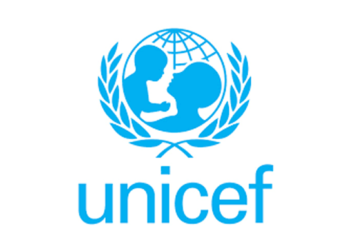A community group in Kogi state, the Ebira Youth Elite Organization of Nigeria (EYEON) has mourned the death of a medical doctor, Victor Idowu Ahmed, who succumbed to the deadly Lassa Fever virus recently.
In a tribute to the doctor who allegedly contracted the virus from his patient, president of EYEON, Yunusa Jimoh said the late doctor was a member of the group, and “urged the hospital and stakeholders to engage in rigorous ‘contact tracing’ as well as extending prompt medical support to loved ones and close acquaintances in order to nip in the bud, any possibility of further spread.”
The group said it was time the federal government took a decisive action to combat the disease.

“We at the Ebira Youth Elites Organization of Nigeria condole with the bereaved family, particularly his mother and siblings, the management and staff of the Federal Medical Centre FMC, Lokoja as well as the Kogi state Government.
“While we appreciate good-spirited Nigerians for their extension of goodwill towards the treatment of the deceased doctor, we however urge the management of the Federal Medical Centre FMC, Lokoja -his last place of work- and the Association of Resident Doctors and the Nigerian Medical Association NMA to scale up their modest efforts at assisting the bereaved family.
“Health workers are at great risk when it comes to handling Lassa fever patients. We strongly urge the Federal Medical Centre, Lokoja and other health facilities in the state to put in place proper barrier nursing and infection control practices.
“EYEON calls on the federal government to do more to stem the spread of the virus. We equally urge the government to designate and equip more hospitals to handle such viral diseases, rather than placing a double burden on patients and their families who, for now, have to travel to Irrua Specialist Hospital in Edo state to access treatment.
“For us, this is crunch time. It is saddening that none of the recommendations arising from Lassa Fever workshops held in 1989, 1999, 2005, 2007 and 2009, has been implemented.
“Since the disease reportedly originated in Nigeria in 1969, the federal government has to take more than a passing interest in efforts to eradicate it. Placing a ban on eating of rats is not enough, especially knowing that there are no clear-cut enforcement mechanisms.
“Governments at all levels must step up their game in the area of sanitation, efficient waste management and disposal because a dirty environment breeds the disease vector.
“The Lassa Fever Rapid Response Committee set up by the federal government in the wake of a resurgence of Lassa Fever in 2016 should equally be proactive in the discharge of its mandate, while working with other stakeholders, particularly the media, to carry out adequate sensitization of Nigerians on the menace of Lassa Fever”, EYEON stated.
Recent reports indicate that the Nigeria Centre for Disease Control NCDC said at least, 107 suspected cases of Lassa fever infection have been recorded, even as the viral haemorrhagic disease is said to have spread to no fewer than 10 states of the federation.









